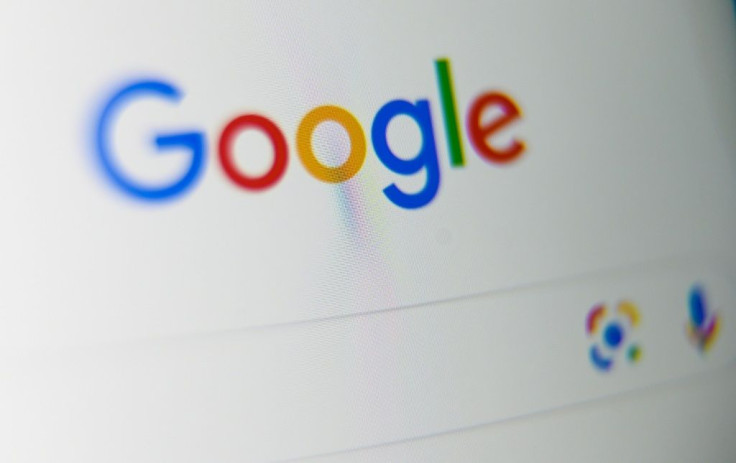Coronavirus Update: WHO Teams Up With Google To Battle Online Misinformation

KEY POINTS
- WHO wants to fight hoaxes, false information and misconceptions about the virus online
- Dubious sources are offering "miracle cures" for the vurus
- Much online comment on the virus is anti-Chinese
The World Health Organization has joined up with Google to tackle false conspiracy theories floating online about the coronavirus epidemic sweeping across China. WHO has engaged the search engine giant’s help to guarantee that people obtain facts from WHO first when looking for information on the virus on the internet.
Google is a subsidiary of Alphabet Inc. (GOOGL).
Director-General Tedros Adhanom Ghebreyesus told WHO's executive board on Monday that social media entities like Twitter (TWTR), Facebook (FB), Tencent and TikTok have also taken measures to fight the proliferation of misinformation and rumors about the virus.
"To that end, we have worked with Google to make sure people searching for information about coronavirus see WHO information at the top of their search results," he said.
False claims and hoaxes regarding the source of the virus have emerged online. Some allegedly offered phony cures, other claimed the virus was intentionally created in a laboratory, while others inflated casualty figures.
As a result, WHO worried that too much bogus information has already reached the public.
There has been "a massive 'infodemic' -- an overabundance of information -- some accurate and some not -- that makes it hard for people to find trustworthy sources and reliable guidance when they need it," WHO stated.
WHO added that it is working "24 hours a day to identify the most prevalent rumors that can potentially harm the public's health, such as false prevention measures or cures. These myths are then refuted with evidence-based information."
Scientists worry that false claims about the virus could also spark panic among the public.
BBC wrote that “with no vaccine currently available against the new virus, social media has been awash with dubious health advice and conspiracy theories that cast doubt on the disease's origin and the scale of the outbreak.”
Dr. Mikhail Varshavski, a Russian-American “celebrity doctor” went to his YouTube channel to refute rumors he has seen online about the virus.
"There is so much misinformation out there. They take statistics not validated by scientists and put them online. It causes anxiety among the public and creates panic," Varshavski told BBC. "The reason it is so dangerous is it can lead people to make bad decisions for themselves and their families."
He advised the public: "Please don't think that if you read someone's tweet and it has been retweeted a lot, it's an accurate source of information. It is not. Look for reputable organizations to get your information from.”
Dr. Edward C. Halperin., the chancellor and chief executive officer at New York Medical College, lamented: “we’re seeing government conspiracy theories and the dark side of racism. People saying that you shouldn’t go to Chinese restaurants or racist things about people of Chinese descent.”
Chinese officials are also angered by false rumors and accusations surrounding the virus, as well as by measures taken by many countries to block Chinese citizens from their territories.
Ambassador Li Song, Chinese ambassador extraordinary and plenipotentiary for disarmament affairs, said: “the international community needs to treat the new virus objectively, fairly, calmly, and rationally, and not overinterpret it negatively and pessimistically, or deliberately create panic. We need facts, not fear. We need science, not rumors. We need solidarity, not stigma.”
Forbes listed a number of false claims and misconceptions currently floating online or in public discussions about the virus:
- The coronavirus, called “2019-nCoV” among scientists, is more contagious and faster spreading than any other pathogen.
- 2019-nCoV is deadlier than any other pathogen.
- The virus was deliberately manufactured in a laboratory and is now willfully being spread.
- A vaccine is available to prevent this outbreak but pharma companies and governments are purposely withholding it.
- Drinking bleach can eliminate the infection.
- The virus can be contracted by eating Chinese food.
© Copyright IBTimes 2024. All rights reserved.




















